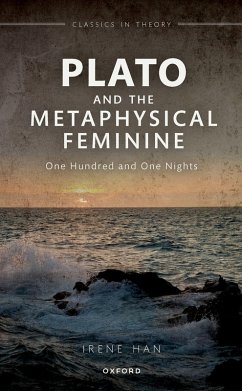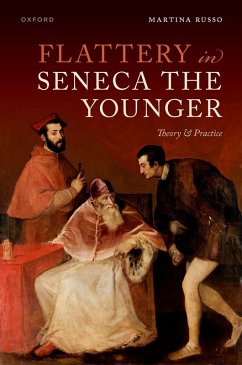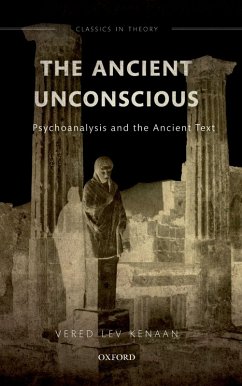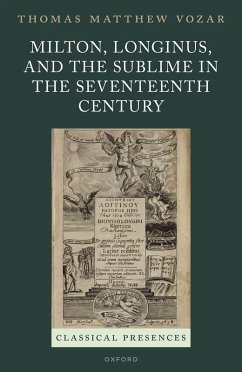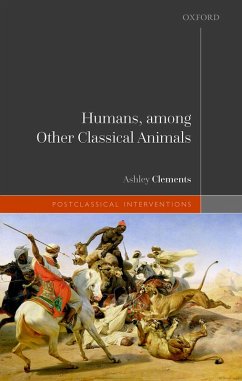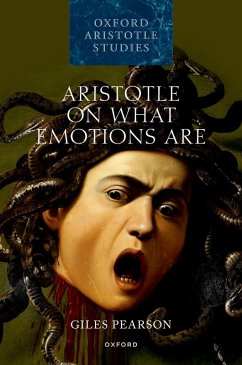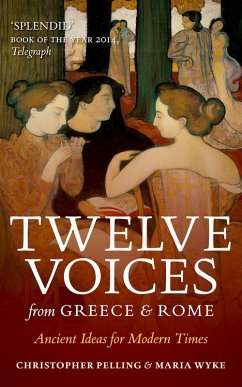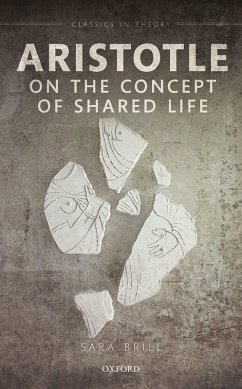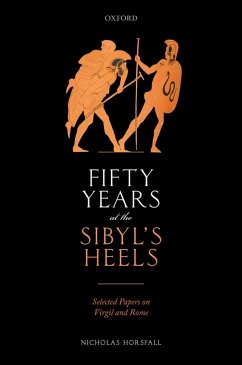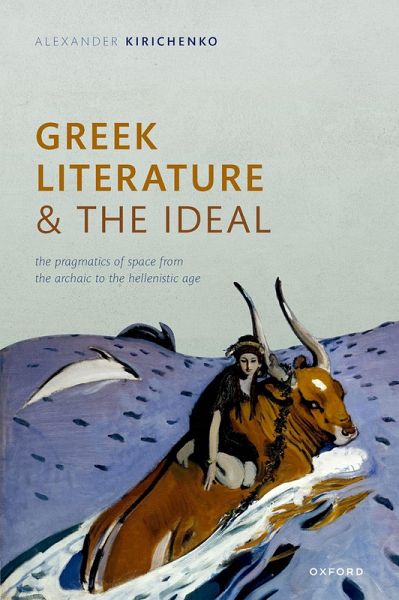
Greek Literature and the Ideal (eBook, ePUB)
The Pragmatics of Space from the Archaic to the Hellenistic Age
Versandkostenfrei!
Sofort per Download lieferbar
43,95 €
inkl. MwSt.
Weitere Ausgaben:

PAYBACK Punkte
22 °P sammeln!
Greek Literature and the Ideal contends that the development of Greek literature was motivated by the need to endow political geography with a sense of purposeful structure. Alexander Kirichenko argues that Greek literature was a crucial factor in the cultural production of space, and Greek geography a crucial factor in the production of literary meaning. The book focuses on the idealizing images that Greek literature created of three spatial patterns of power distribution: a decentralized network of aristocratically governed communities (Archaic Greece); a democratic city controlling an empir...
Greek Literature and the Ideal contends that the development of Greek literature was motivated by the need to endow political geography with a sense of purposeful structure. Alexander Kirichenko argues that Greek literature was a crucial factor in the cultural production of space, and Greek geography a crucial factor in the production of literary meaning. The book focuses on the idealizing images that Greek literature created of three spatial patterns of power distribution: a decentralized network of aristocratically governed communities (Archaic Greece); a democratic city controlling an empire (Classical Athens); and a microcosm of Greek culture located on foreign soil, ruled by quasi-divine royals, and populated by immigrants (Ptolemaic Alexandria). Kirichenko draws connections between the formation of these idealizing images and the emergence of such literary modes of meaning making as the authoritative communication of the truth, the dialogic encouragement to search for the truth on one's own, and the abandonment of transcendental goals for the sake of cultural memory and/or aesthetic pleasure. Readings of such canonical Greek authors as Homer, Hesiod, the tragedians, Thucydides, Plato, Callimachus, and Theocritus show that the pragmatics of Greek literature (the sum total of the ideological, cognitive, and emotional effects that it seeks to produce) is, in essence, always a pragmatics of space: there is a strong correlation between the historically conditioned patterns of political geography and the changing mechanisms whereby Greek literature enabled its recipients to make sense of their world.
Dieser Download kann aus rechtlichen Gründen nur mit Rechnungsadresse in A, B, BG, CY, CZ, D, DK, EW, E, FIN, F, GR, HR, H, IRL, I, LT, L, LR, M, NL, PL, P, R, S, SLO, SK ausgeliefert werden.




